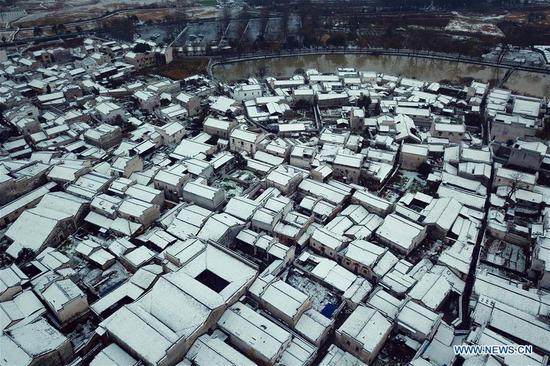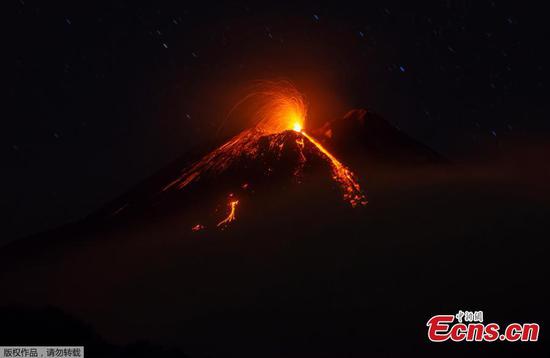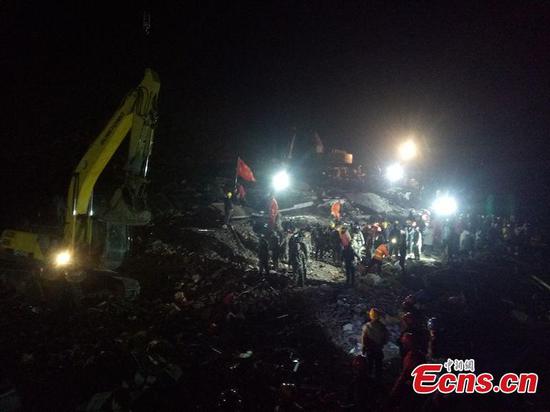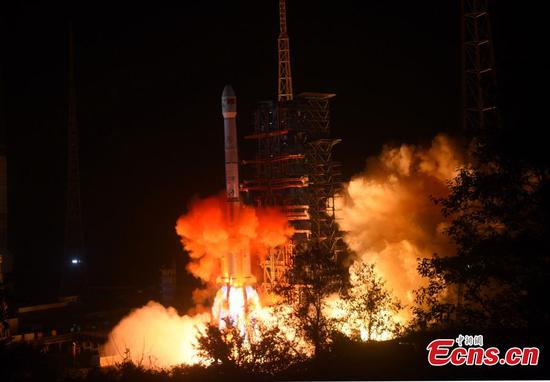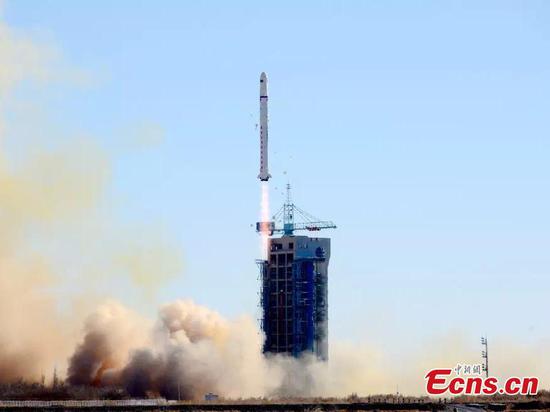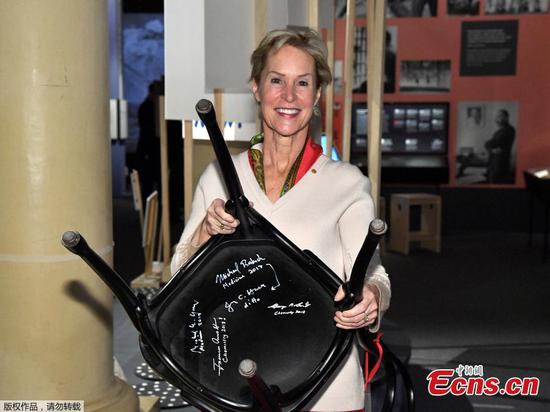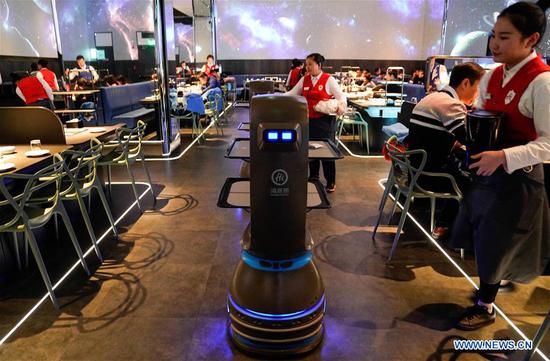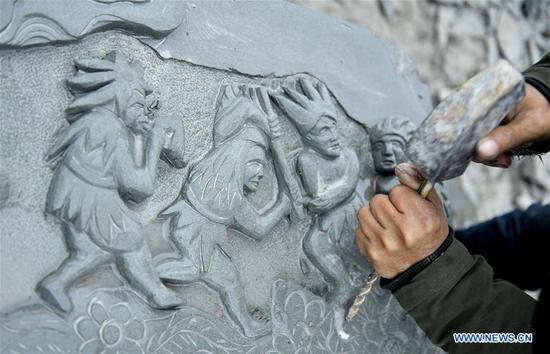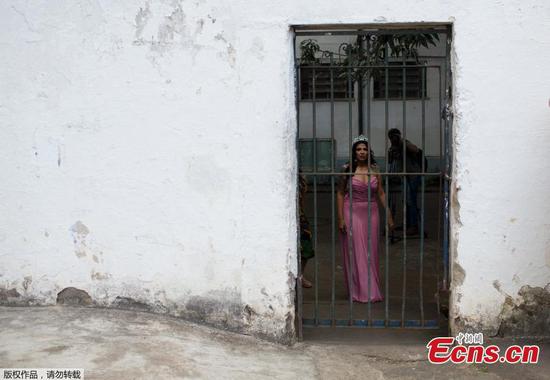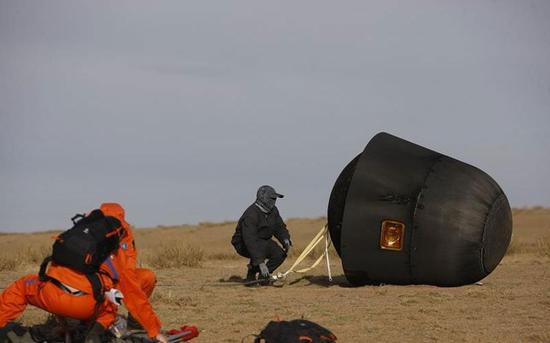
Scientific personnels work at the landing area of the re-entry capsule of China's first retrievable microgravity satellite SJ-10 in Siziwang Banner, North China's Inner Mongolia autonomous region, April 18, 2016. (Photo/Xinhua)
China will launch a reusable retrievable satellite next year, with its recoverable module able to be used 15 times over the next decade, according to the China Aerospace Science & Technology Corp.
The new-generation retrievable satellite, being developed by CAST, is a reusable satellite which allows experiments and other payloads to be sent to space and later recovered. The 3,500-kilogram satellite will be offered in short-term and long-term configurations, with the former running on battery power alone and the later carrying solar arrays. It will be capable of carrying up to 500 to 600 kilograms of recoverable payload.
According to Zhao Huiguang, chief architect of the new satellite, who spoke at a science salon in Beijing on Wednesday, the first satellite has been delivered and is undergoing testing, integration and assembly. It will be launched aboard a Long March 2D rocket from the Jiuquan Satellite Launch Center in April and is expected to be recovered by May. Additional missions are expected to be launched later.
China is now the world's third country to develop retrievable satellite technology. Over the last 40 years, China has worked on three generations of retrievable satellites in six models for multiple uses. By 2016, the country successfully made and launched 25 retrievable satellites, all of which have played key roles in space science.












